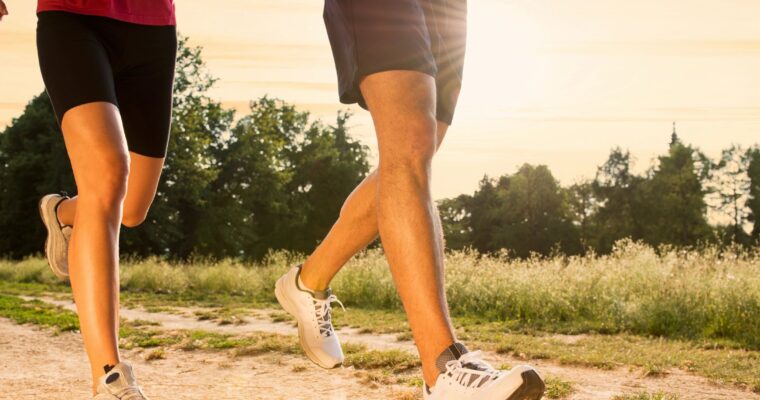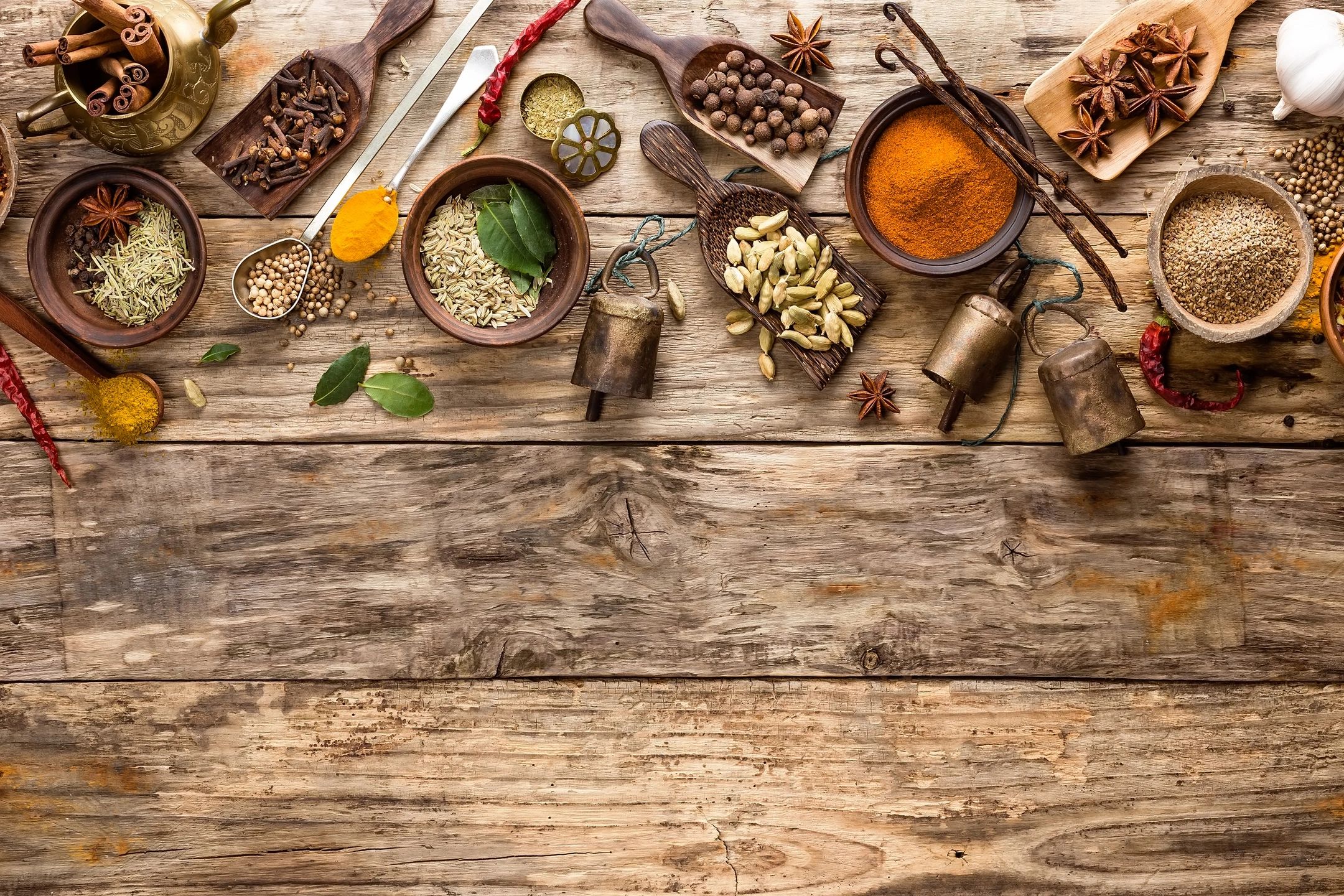PRIMARY FOOD, LIFESTYLE AND OUR HEALTH~CAREER
by: Allie Might, FMC, INHC, ATT
Most people do not think about their career and work environment when discussing their personal health and wellness. However, it can be a driving force in managing a healthy lifestyle. I even believe that it is just as important as the food we are eating on a daily basis. But why is this?
Most spend forty plus hours a week at work, not counting commute time. For some, they love their job and can even find it like a” sanctuary.” For many it can be a stressful place that “pays the bills.” Stressful work environments can have an impact on one’s mental and physical health. Let us discuss some strategies to make your workdays less stressful and start having a more positive impact on your wellness.
There can be negative impacts to one’s health from work related stress that many do not realize. These stressors can cause emotional, physical, and behavioral issues if they are not managed. Some of these can start with abandoning healthy food and gravitating toward poor diet choices. Leaning on such options as fast food, processed meals and sugary treats as comfort foods can start a cycle that can impact one’s health negatively. This can impact the risk of heart disease, cancer, diabetes, and obesity. Some people can start to self-medicate through alcohol, drugs (legal and/or illegal) and even nicotine. While these have a reputation of making someone “feel better” it is just the opposite. These are “downers” which can ultimately make one feel worse about themselves or a situation, causing you to never “get off the hamster wheel”. This, accompanied by the stressors already in place, can even lead to low productivity and lack of enthusiasm for the tasks that are assigned for the to-do-list.
Breaking the cycle can be as easy as identifying the anxiety and dealing with it right away. I like to try a short walk or doing a deep breathing exercise. Try taking eyes and close your eyes, and focus on slowing inhaling and exhaling deeply for ten times. Then, instead of grabbing a soda or coffee, try a glass of water or a cup of herbal tea. Commit to having a healthy food option each day during working hours to help refocus yourself.
Work related stress can be debilitating for some people, believe me, I know from experience. At one of my previous jobs, I was having panic attacks, chest pains and my hair was falling out…I was miserable. Thankfully, I had the luxury of being able to leave and move on to something much better, but not everyone has that ability. However, there are strategies that can be used to help. Check out some of the tips in this link as so many of them can be helpful:
www.themuse.com/advice/37-ways-to-be-happier-at-work-asap
My pro tip would be to identify the stressors, then apply the strategies to create a positive and happy space. For example, if you feel like you are in a position that is going nowhere, try discussing your goals with your supervisor to create a plan for growth and advancement. You can also try taking a class or enjoying a hobby as something to look forward to outside of working hours.
Dietary supplements can be helpful when managing these types of day-to-day stressors that include L-Theanine, Green Tea and Multi-Vitamins.
L-THEANINE is an amino acid from green tea, has been shown to help manage stress and even aid in healthy sleep. Taking one of our L-Theanine capsules when entering a stressful day can help you to be more relaxed, focused and you may even get through the day much easier.
GREEN TEA TX is a powerhouse tincture that can help with mood and stress, as well as nourishing the brain for healthy memory function. Adding 2 full droppers into a glass of water or a cup of brewed green tea can give you a nice little midday boost. Bonus….it is also decaffeinated!
PERFORMANCE MULTI is a terrific way to start a foundation of essential vitamins, minerals, and antioxidants that we all need. This foundation can help to set you up all day for stress management, healthy cognitive function and help to keep you energized throughout the day.
As you can see, the key to managing work and career related stress is to identify the cause(s) and have a plan to relax. How will you manage the day-to-day stress to start loving your job and create a healthy environment?
www.forbes.com/councils/forbesbusinesscouncil/2024/09/17/workplace-stress-causes-impacts-and-solutions/
positivepsychology.com/workplace-stress/
www.apa.org/topics/healthy-workplaces/workplace-burnout
www.themuse.com/advice/37-ways-to-be-happier-at-work-asap
pmc.ncbi.nlm.nih.gov/articles/PMC7681163/
www.who.int/news-room/fact-sheets/detail/mental-health-at-work
hbr.org/2017/03/does-work-make-you-happy-evidence-from-the-world-happiness-report
health.clevelandclinic.org/l-theanine
health.clevelandclinic.org/green-tea-health-benefits
www.webmd.com/diet/health-benefits-of-multivitamins








